In the latest edition of our talk show from Brussels, participants discussed the climate summit in Baku, the possible comeback of fossil fuels and the crisis of the electric car market.
At the COP29 climate conference in Baku, frustration was all over. Observers and delegates have been disappointed at the slow pace of progress. No clarity on climate financing or how vulnerable countries can access the funding, to name just one issue. And then there are the fossil fuel giants casting a shadow over the summit. Has the COP process run its course?
Questions for the panel in our latest edition of our talk show from Brussels: Sam Williams, EU policy manager at the Energy and Climate Policy and Innovation Council (EPICO), Suzana Carp, Deputy Executive Director of Cleantech for Europe and Franziska Heckel, policy researcher at Save Soil.
After almost two weeks of COP29 in Baku, there was none of the chaos of Copenhagen and none of the long queues under a scorching sun like in Dubai. That’s about it for the good news.
While the UN climate talks have made significant progress over the past decade, the current COP process seems unable to make changes happen quickly or force countries to act, many experts say.
Example? The president of the host country Azerbaijan told the conference that natural gas was a “gift from God” and that it’s perfectly legit to bring it to market. So much for climate ambition!
In the meantime, since COP28 last year, emissions of warming gases have increased once again, up by almost one percent.
Yet, scientists say these emissions need to fall by more than 40 percent by the end of this decade to avoid a really dangerous impact on nature. Maybe the COP process needs serious reform…
The second subject were the growing doubts about the political commitment to the green transition. Statements by politicians from around the globe seem to suggest that reports of an untimely death of traditional energy sources were premature. And with Donald Trump at the helm again, all the progress of the Biden administration is poised to be undone. Will fossil fuels stage a comeback? And what does that mean for us in Europe?
Finally, the participants debated the crisis of the European car market, especially the EV sector.
Until recently, electric cars were seen as the undisputed future of the transportation sector. However, the automotive industry is now plagued by growing concerns about falling demand and the risk of political uncertainty disrupting market conditions and supply chains.
The latest figures show that sales of e-vehicles are steadily declining. And the EU ban on the sale of cars with combustion engines from 2035 is increasingly being called into question by conservative politicians.
Between ambitious climate targets, political resistance and declining expectations - what does the future of the car market look like?

 4 months ago
40
4 months ago
40
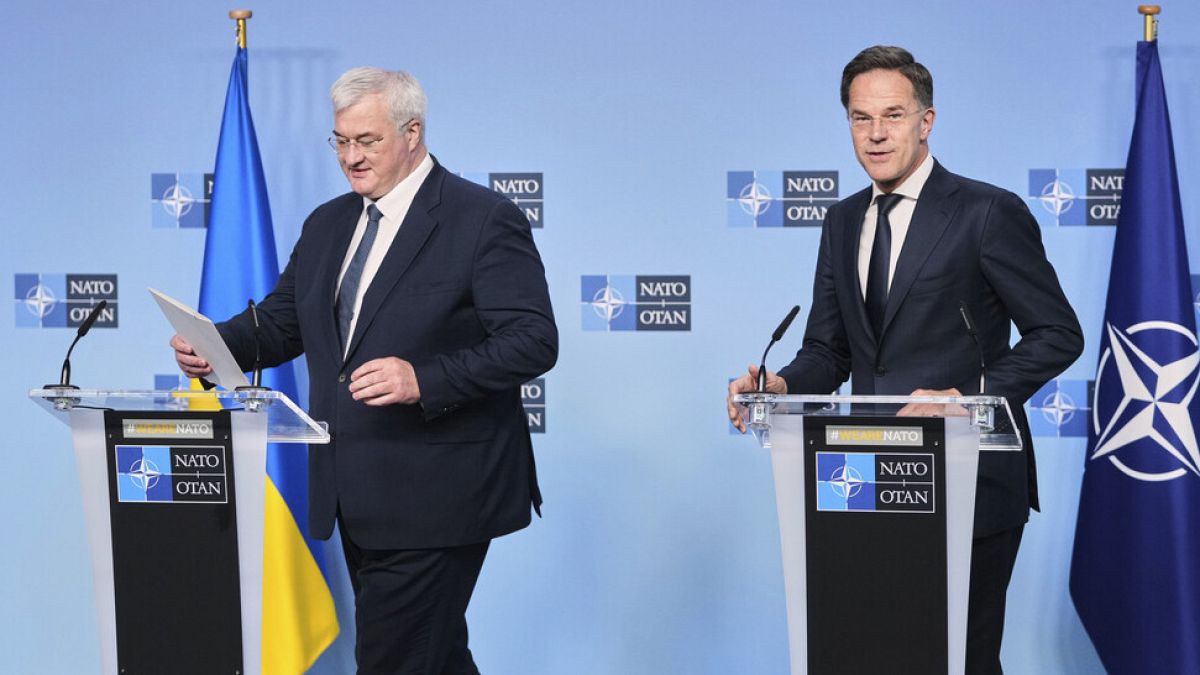

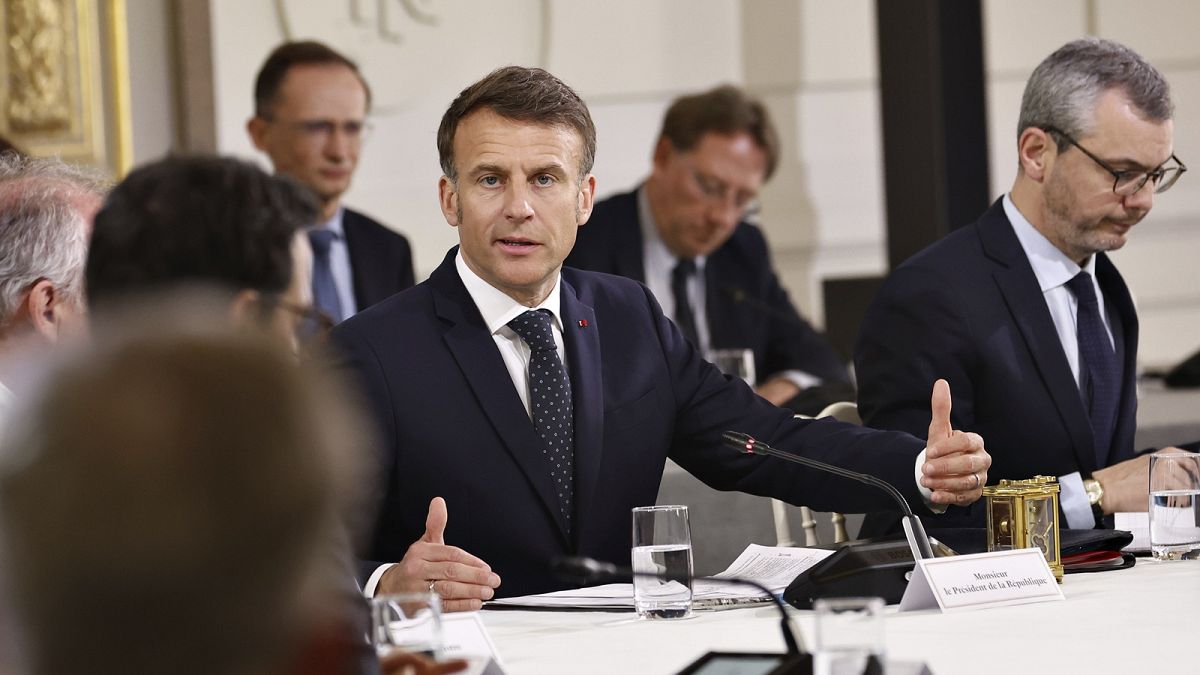
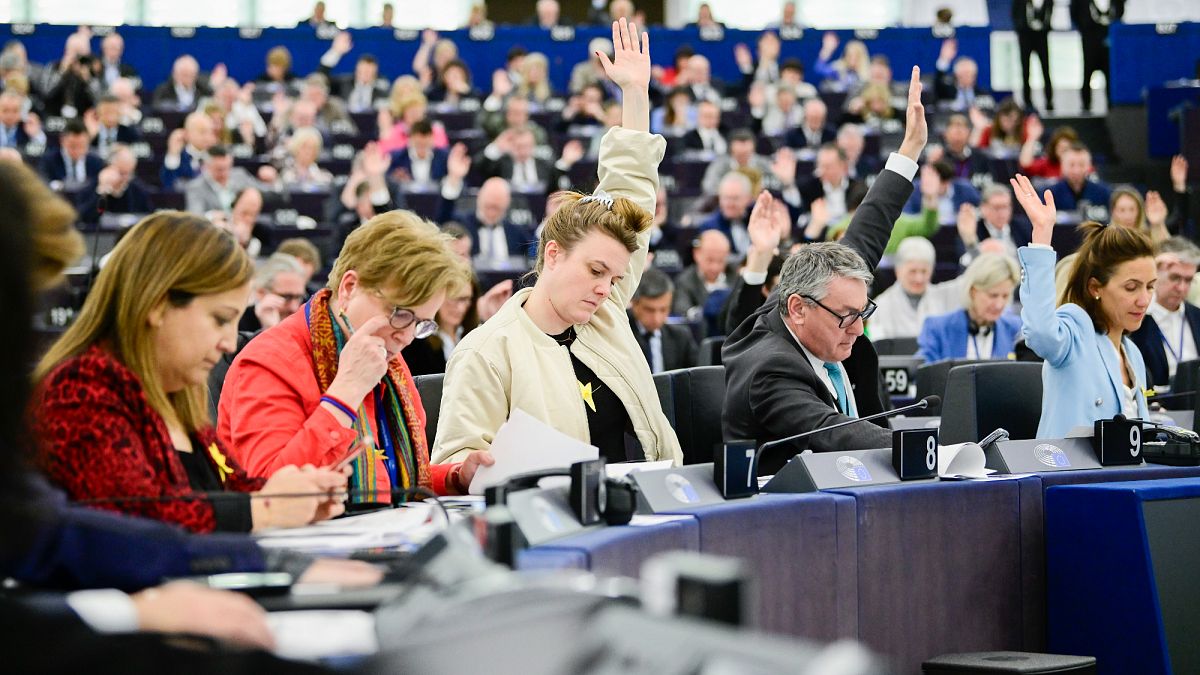
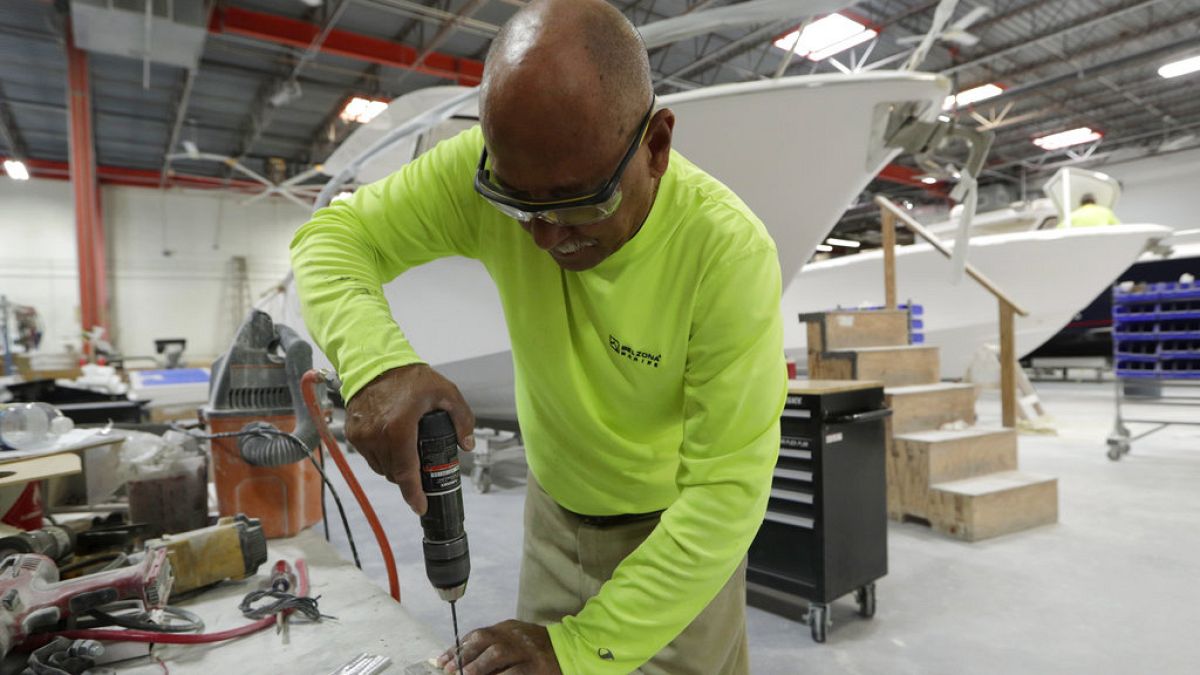
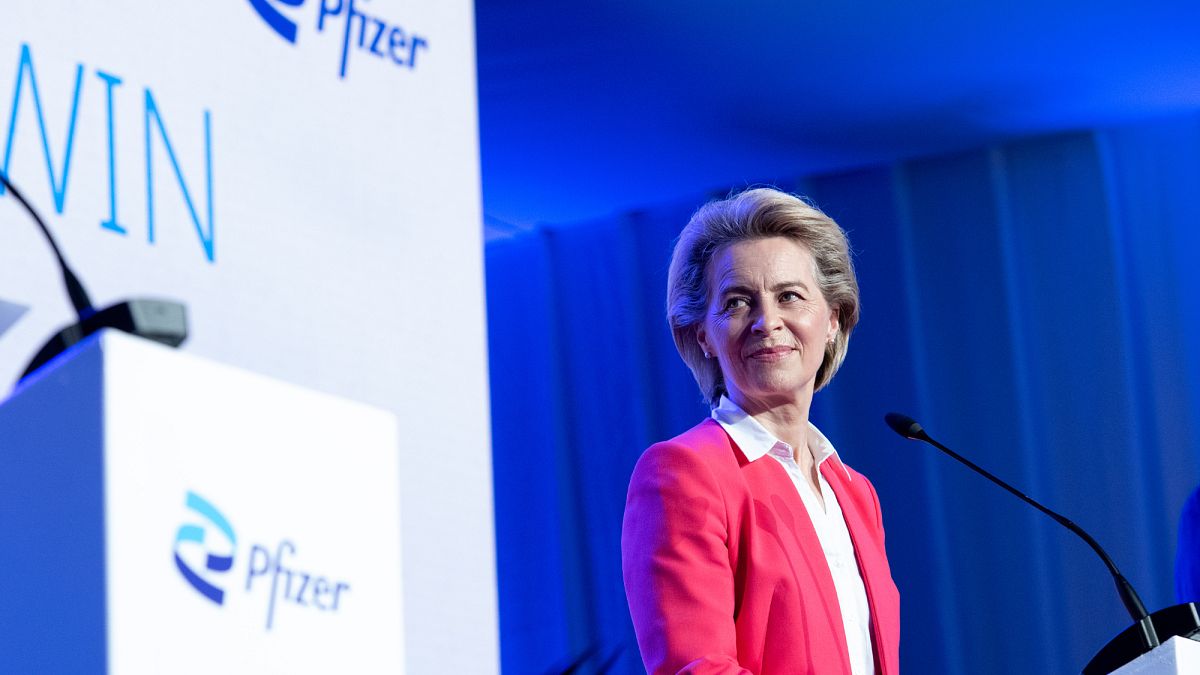
 We deliver critical software at unparalleled value and speed to help your business thrive
We deliver critical software at unparalleled value and speed to help your business thrive






 English (US) ·
English (US) ·